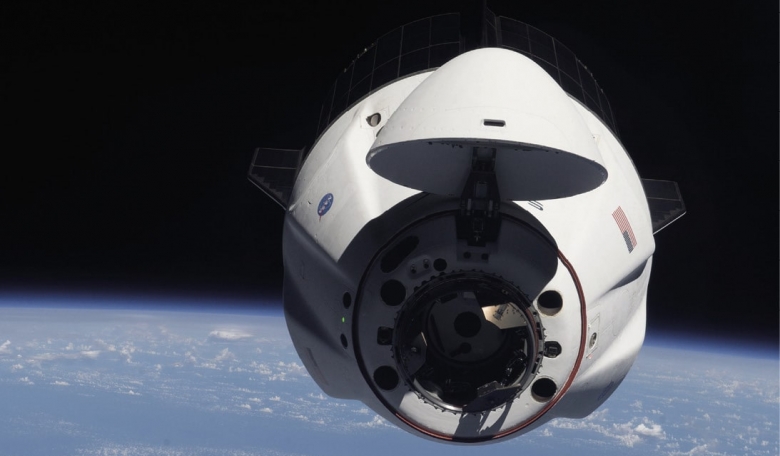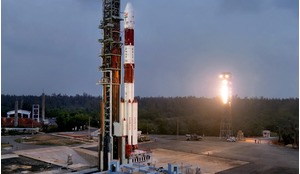The mutually dependent paradigms of collaboration and competition are common in space applications such as communications, imaging and navigation, but the space exploration sector has historically remained the business of government agencies. Today, however, the sector is gaining increased momentum as a result of the global focus of interest, from government and private stakeholders alike, on the Moon. The authors review the most recent developments and look towards a new era in lunar exploration.
Since the beginnings of space exploration, the number of countries involved has expanded considerably. Countries now involved in space exploration include the historical, Cold War opponents, the United States and Russia; European countries, primarily through the European Space Agency (ESA); China, Japan, Canada and India. Emerging space programmes, such as those developed by the UAE and South Korea, are also engaging in the field, motivated by the many socio-economic and strategic benefits derived from this domain.
At the beginning of the 2020s, over 30 countries were reported to be actively financing space exploration activities and Government investments reached US$22 billion in 2020, according to Euroconsult’s latest Government Space Programs report. This investment includes robotic science & exploration missions and human spaceflight programmes.














